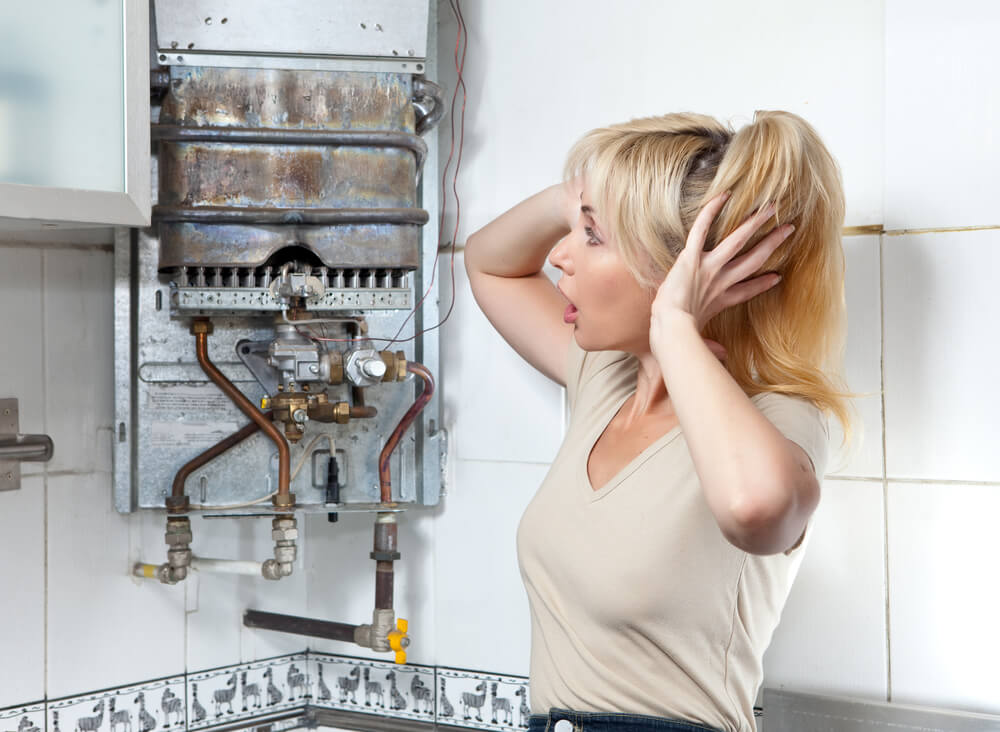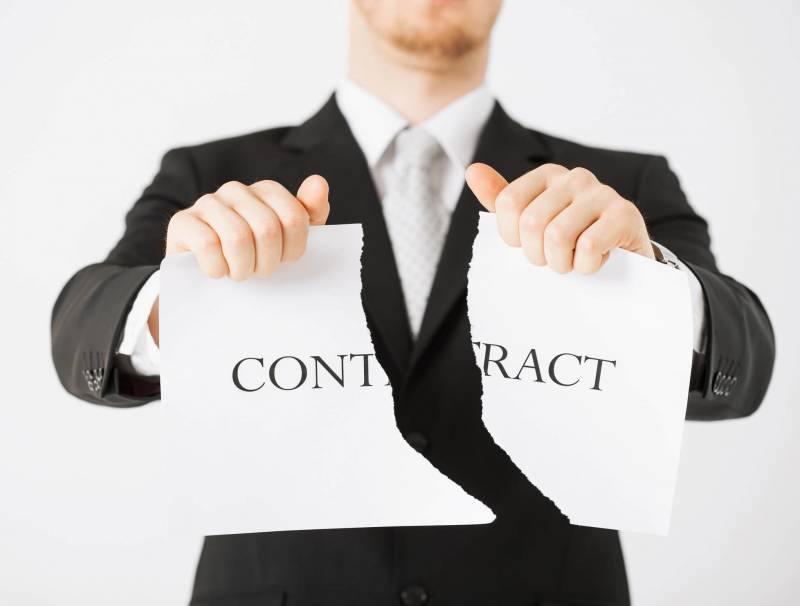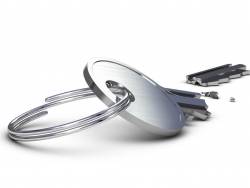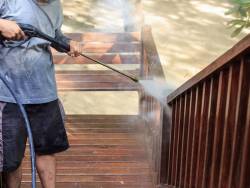Why Is My Water Heater Overflowing?
When you use a water heater in your home, a number of issues may arise with it, which can result in damage. There are components of your water heater that have to be checked and maintained constantly to prevent some common problems, such as overflowing. For many people, the reason why a water heater overflows is simply not known to them, and as a result it is difficult to find a lasting solution to the problem. So then, you may ask, what causes a water heater to overflow? West London Plumbers, a plumber in West London, has shared some details to help us explain.
What Happens Within the Water Heater?
To understand why your water heater is overflowing, you need to take note of how the temperature pressure relief works. The temperature pressure relief (TPR) is a safety valve that helps to release the heat pressure from your water heater. It is usually directed downwards with a small pipe.
When the pressure is built up, the TPR then discharges bits of the water to the ground. The TPR valve handles the pressure for a long time without giving you any trouble, but if a fault develops with it, then a tank explosion might occur.
So whenever you notice your water heater overflowing, it reveals that there is probably a problem with your TPR valve.
What Does It Mean When Your Water Heater Overflows?
We should note that the fault with a water heater might be a minor fault that doesn’t require a complete overhaul. In many cases, homeowners simply worry about the heater being unreliable when it starts overflowing.
You first have to be certain of the cause of the overflow before opting for a new water heater, or else you might have to face the same problem again. When you say your water heater is overflowing, what exactly does this mean?
Do you mean there is a constant streaming of water from the TPR valve, such that the whole area soon gets flooded? Or do you mean there are little drips of water in small drops?
Ways Your Water Heater Can Overflow
If your water heater is seriously overflowing in large streams of water from the TPR valve, then you have some real problems. This would require the services of a plumber to either repair or recommend a new water heater.
However, if the overflow you’re worrying about is simply those small drops from the TPR valve, then you need not worry. This only indicates that the TPR valve is releasing the built-up heat pressure as it should.
But sometimes the water heater overflow is not exactly coming in torrents as we have indicated above, not in the normal, harmless drops that is expected. Maybe you are experiencing something in between, such as the water heater valve occasionally trickling water.
In this case, it shows that there is a fault with your water heater too. When your water heater overflows in regular drips, you need to be extra careful. This is because the drips of hot water are a result of overheating inside the tank.
If the water heater is really overheating to the point where there’s too much pressure, then it gets to overflow with disturbing frequency. In this situation, you don’t have to do any major repair or replacement.
All you need is to reduce the temperature your heater reaches, so as to reduce the heat pressure. Although everyone wants a reliable hot shower, you don’t want to get scalded, do you?
The Age of Your Water Heater
In addition, your water heater might overflow in these annoying drips when it gets old. That’s the sad reality. When your TPR valve gets old, it begins to lose its capacity to hold pressure. The TPR valve might have thinned or chipped at some spot, and the overflow just seems to be unstoppable.
Hence you get more frequent drips or overflows from the water heater, whether the temperature is too high or not. In this case, the overflowing problem is not as a result of a high pressure buildup. When this happens, a repair might be impossible, because the tank itself might be corroded.
This is why it is usually advisable to let your heater run at a reduced temperature. If your heater always gives scalding hot water at a constant rate, the TPR valve might wear out from the pressure very quickly. As a result, you soon start experiencing serious overflows.
Dirt and Debris Blockages
One last reason why your water heater might overflow might be overflowing is an accumulation of dirt or deposits clogging the pipe. It is necessary that you clean the pipe often to ensure that the debris doesn’t accumulate and cause such damage. In any case, ensure that you maintain your water heater by noting these tips;
- Check your TPR valve often for any possible threats
- Use an overflow pan to hold the little water drips from the TPR valve
- Run your water heater at a moderately high temperature to reduce the pressure in the TPR valve
- Clean the pipe regularly to clear out all dirt
- Call for a plumber to repair or replace the water heater if you notice anything you don’t understand






















